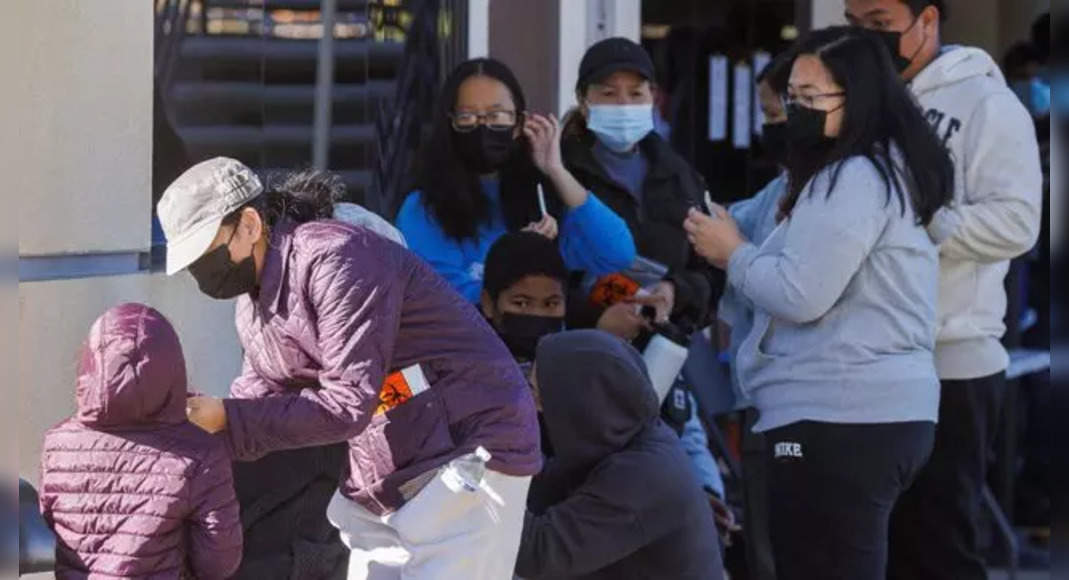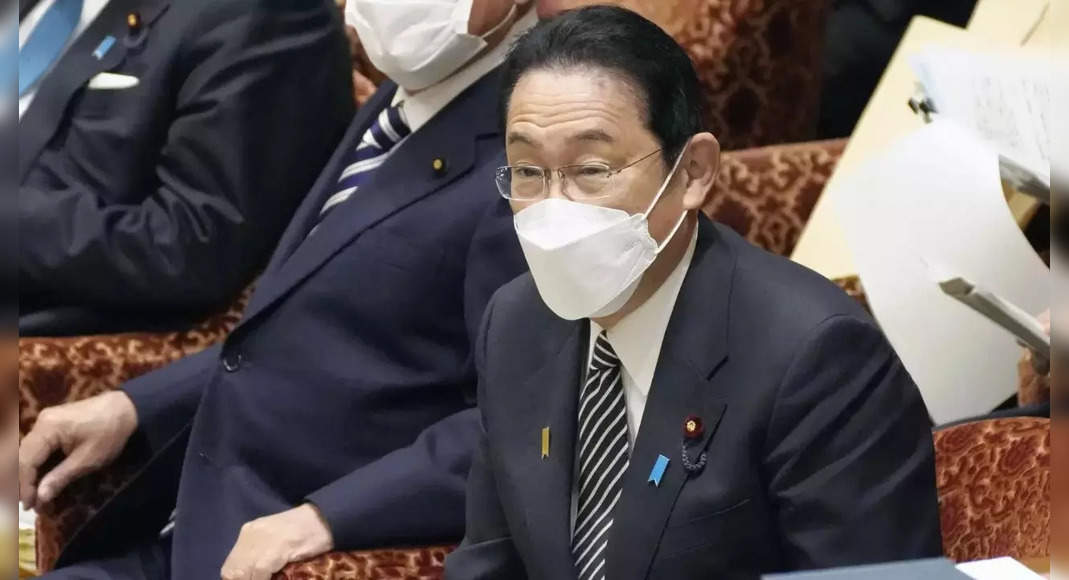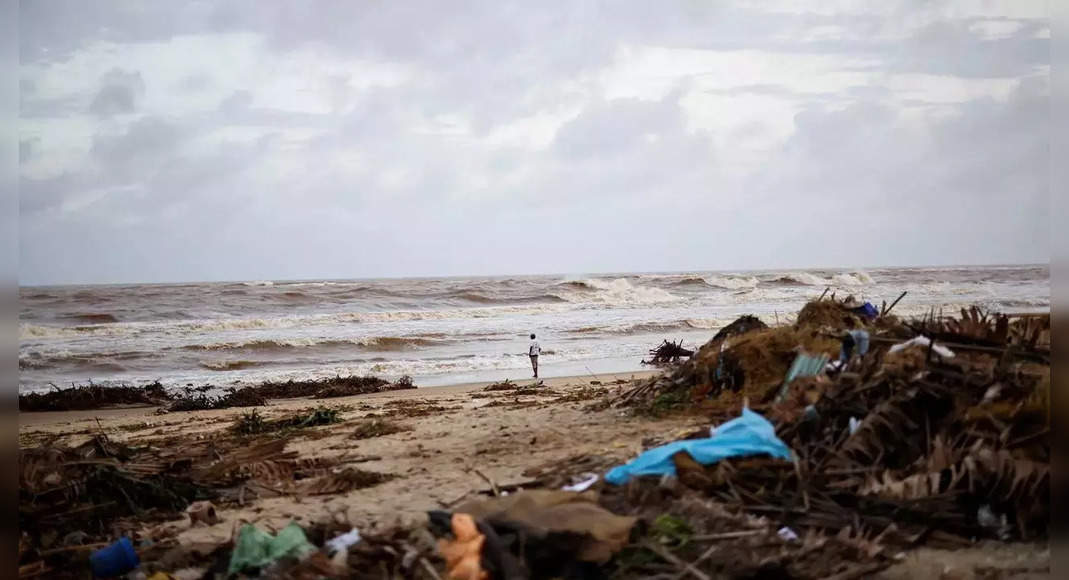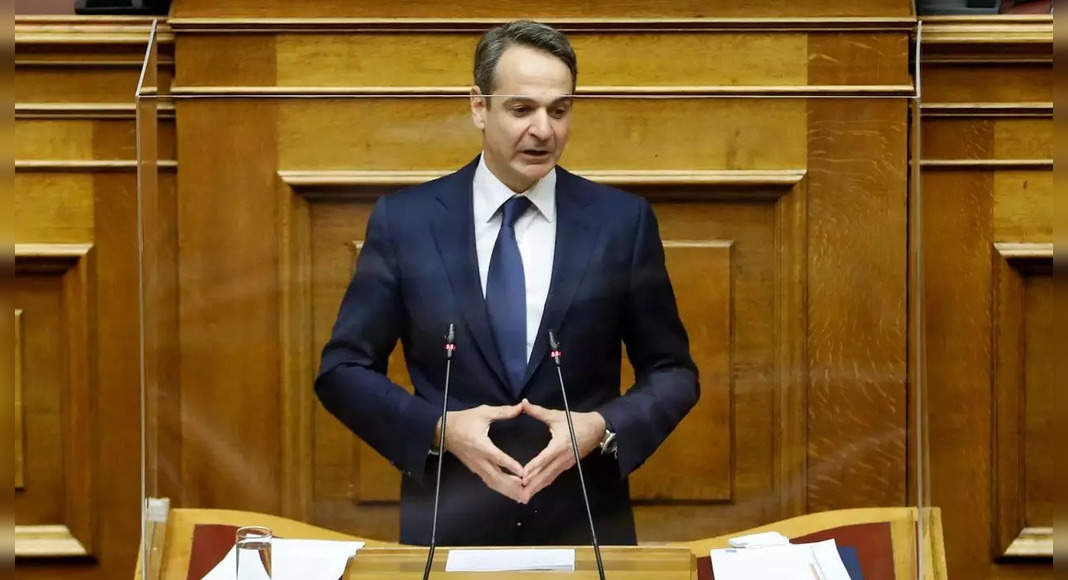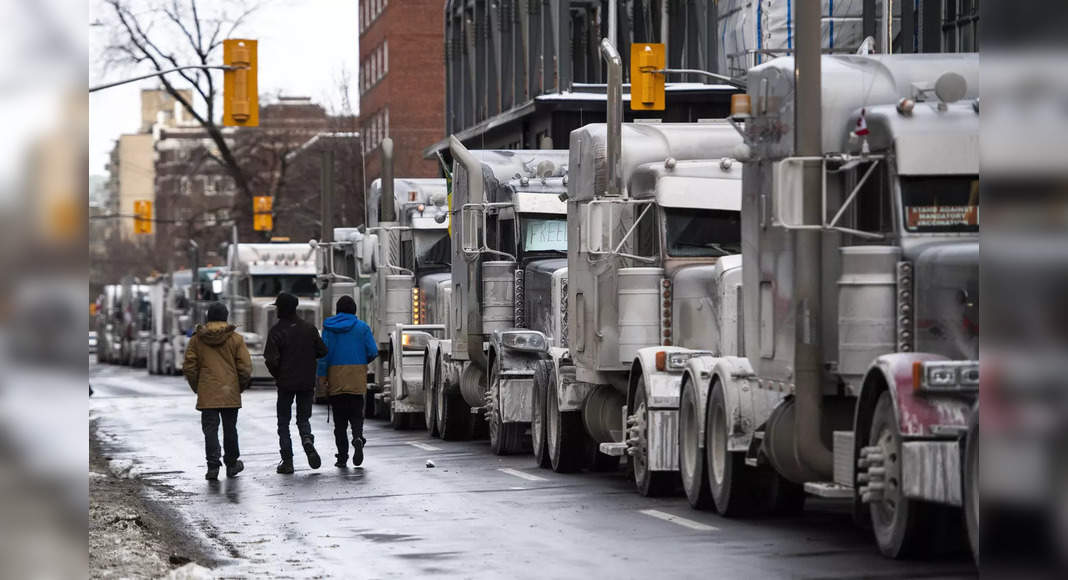Geneva: Head of an emergency at the World Health Organization said on Tuesday that the worst of Pandemic Coronavirus – Death, inpatient and locking – could end this year if the injustice in vaccination and medicines was handled quickly.
Michael Ryan, speaking during a panel discussion on vaccine equity organized by the World Economic Forum, said “We may never end the virus” because of the pandemic virus like that “finally became part of the ecosystem.” But “We have the opportunity to end the emergency of public health this year if we do the things we have talked about,” he said.
Who slams an imbalance in Covid-19 vaccination between rich and poor countries as a disaster moral failure.
Less than 10% of people in low-income countries have received a dose of Covid-19 vaccine.
Ryan told the virtual meeting of world and business leaders that if the vaccine and other tools were not fairly distributed, the virus tragedy, which has so far killed more than 5.5 million people worldwide, will continue.
“What we need to do is get a low incidence rate with the maximum vaccination of our population, so that no one has to die,” Ryan said.
“The problem is: this is death.
This is inpatient.
It’s a disruption to the social, economic, economic system that causes the tragedy – not a virus.” Ryan also wondered the growing debate about whether Covid-19 must be considered endemic, a label several countries such as Spain have asked to help better live with viruses, or still a pandemic – involving intensive steps needed by many countries spread.
“Endemic malaria kills hundreds of thousands of people; HIV endemic; endemic violence in our city.
The endemic itself does not mean good.
Endemic means here forever,” he said.
Public health officials have warned that very unlikely Covid-19 will be removed and say they will continue to kill people, even though at a much lower level, even after it becomes endemic.
Gabriela Bucher Panelis, Executive Director of the Oxfam International Anti-Poverty Organization, cites the “big urgency” of a fairer vaccine distribution and the need for large-scale production.
He said the resources to fight a pandemic was “caused by several companies and several shareholders.” John Nkengasong, Director of the African Center for Disease Control and Prevention, condemned the “collapse of global cooperation and solidarity” over the past two years, by saying that “truly unacceptable” which was only 7% of the African population which was fully vaccinated.
He also tried to compact beliefs among some that vaccine doubts were widespread in Africa, citing studies saying 80% of the continental population was ready to get shots if the vaccine was available.
Comments come on the second day of an online alternative for the annual World Economic Forum meeting, which is postponed for pandemic health problems.
In a speech at the event, world leaders such as Israeli Prime Minister Naphtali Bennett discussed a pandemic approach.
He said his country, who quickly launched a widespread vaccination campaign, had a strategy “at the forefront of drugs and vaccines” against Covid-19.
Quoting further research in Israel, Bennett said, “We want to be the first in the world to find out how the new vaccine and variant respond to each other.” Japanese Prime Minister Fumio Kishida said separately that his country had a high level of vaccination because the values of the community protected the elderly and vulnerable.
He plans to maintain strict border control at the end of February.
He said he tried to balance restrictions by keeping the economy open but “called zero covid policy on omicron variants is not possible or accordingly.” In a separate press direction Tuesday, who was Director General of Tedros Adhanom Ghebreesus said the Omicron Covid-19 variant “continued to swept the world” and said there were 18 million new Covid-19 cases reported last week.

